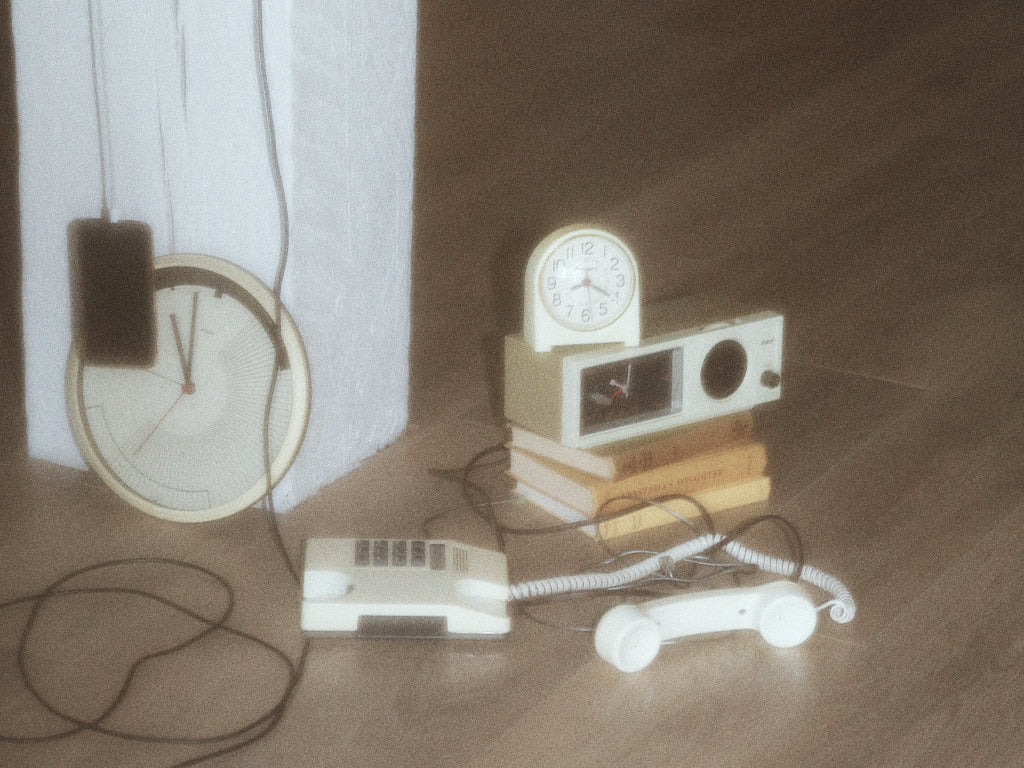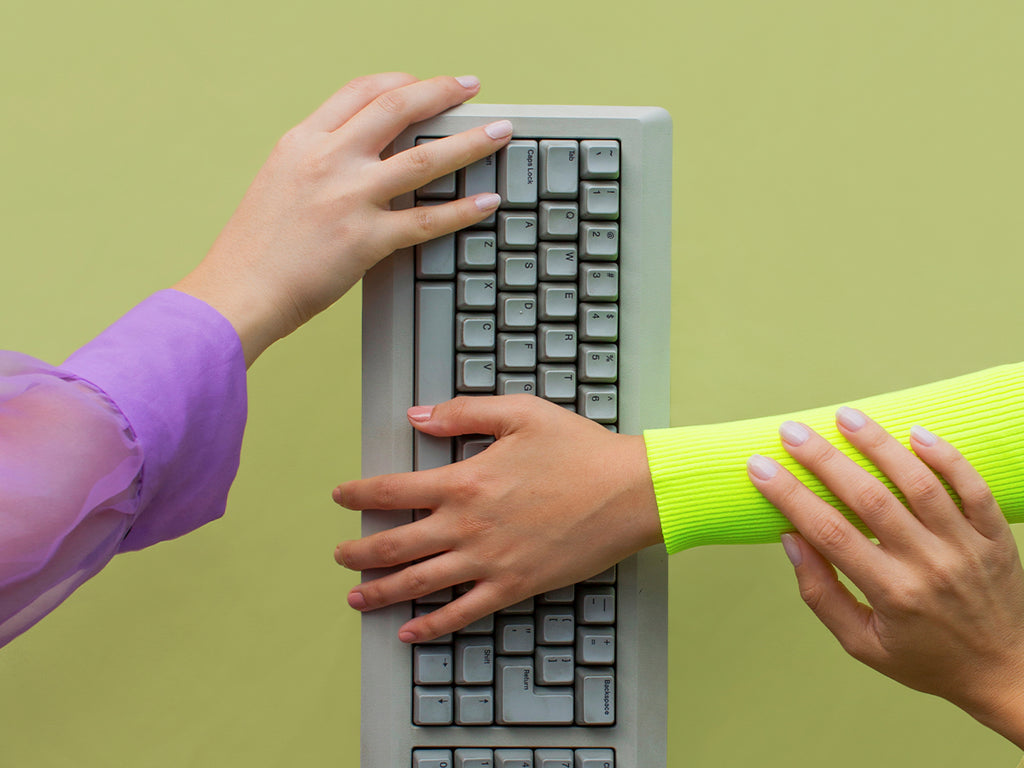Joining the workforce is, like puberty, an anticipated yet unsettling time. Comedian Jenny Slate’s words ring quite true:
“I suffered from that wrong assumption that your 20s are your totally formed adulthood. But the 20s were a total secret surprise adolescence.”
Coming to terms with the reality of a nine to five is daunting. Beyond familial anecdotes of first or second jobs and witty or A-type bosses, our only examples of adulthood can be distilled into John Krasinski’s charm or Jennifer Aniston’s barista endeavors; The Office was literally created to poke fun at the bizarre dynamic that is working with a range of personalities. What happens when you find yourself not adjacent to a Dwight-like foe, but instead sitting across from a girl named Carol who doesn’t even know how many siblings you have but is constantly checking in on your activity via her fourteenth email on the hour?
For some, befriending those at work is “out of scope” and therefore out of the question; and, quite fairly, some find their productivity hindered if they care about their deskmate. Others, though, seek human connection to fuel their everyday. The energy to not be yourself at work can be exhausting. So herein lies the pivotal question when you leave your socially saturated collegiate routine and mould to the office self about whom you’ve been curious since you were in grade school: am I allowed to make friends at work?
Mixing business with pleasure is historically taboo. Long before we were writing cover letters, we were aware of the scandal that was boss-employee relations. But who’s to say you can’t have your manager over for dinner and talk about the last time you were too hungover? And that’s the issue: no one is to say. The invisible lines drawn by… again, no one… have built an office code of conduct. As the public and private nature of our identities begin to conflate, I’m frankly not convinced such a code has a place in 2019.
The transparency allotted by technology has broken down antiquated notions of distance in the workplace; traditionally, this distance would have been an extension of power (because, you know, we’ve been conditioned that vulnerability is a weakness etc). If you’ve seen the founder of your company cry about a fight with their partner, perhaps the fear exists that you won’t respect them the next day when your strategy is due; but emotional connection is an inevitable part of humanity, right?
And in the age of liking your boss’ wedding throwback post, perhaps we should shift the workplace trope beyond the traditional good morning’s and have a great night’s.
We’ve entered a reinvigorated wave of humanization: corporate responsibility of brands, vulnerability via social media, proactive steps to disconnect from technology and “find your roots in nature again.” This trend is a manifestation of our desire to be human— a want to hang physical polaroids of a memory rather than store another 100 pictures in your iCloud. So in that same vein, a more intimate approach to the workplace might not be all that offputting.
This shift in work culture does not have to be monumental. I’m not proposing a revolution, more so a way to rethink the psychology of the workplace that allows for more of…. you: one where getting lunch with a coworker is not reduced to your desks, but instead involves a walk through the neighborhood; one where you ask about the book in your boss’ bag that you read last summer; one where you have an extra ticket to a show and decide maybe Carol would like to shut her computer and join you. Most of us see those we work with more than our own life partners, so building a personal relationship within the workplace may be the only way to keep us sane. On the anniversary of a loss, for example, perhaps your boss gives you the space to air your stresses that might make responding to 50 emails per hour slightly more doable; perhaps you spilled hot coffee on your computer, or someone spoke down to you, or you’re in an anxious state. The point is, if you are certain you have the emotional investment of your colleague beyond the work you produce, the office dynamic becomes slightly more human.
Image by Damaris Riedinger
This post is tagged as:
You may also like...
The Latest
People & Places
How Ara Katz is Redefining “Self-Care” as Rooted in Science with Seed
The co-founder, mother, and self-proclaimed serial entrepreneur unpacks her philosophy on what it means to be well. Ara Katz hates the word “success”. Not because of its listed definition in a di...

Do Good Werk
9 Passive-Aggressive Email Phrases That Are Basically Evil
A Rosetta Stone for every time you want to :’).

Woo Woo
Get to Know Your Astrological Birth Chart
How to find meaning in the stars — and what it means for you.

People & Places
The 5 Best Places In New York To Meet Your Next Investor
Where to rub shoulders with the city's movers and shakers.

Do Good Werk
10 Unhealthy Thoughts You Convince Yourself Are True as a Freelancer
If you work alone, you might be particularly susceptible to distorted thoughts that hurt your mental health.

People & Places
Creating a Conference-Meets-Summer-Camp for Adult Creatives
An interview with Likeminds founders Rachael Yaeger and Zach Pollakoff This past September, I sat in front of an obituary I wrote for myself after a session with a death doula. No, I didn’t know w...

People & Places
When Something Golde Stays: An Interview with Golde’s Co-CEOs
“For us it was never a question,” says Issey Kobori, speaking of the decision to build a business with his partner Trinity Mouzon Wofford. At just shy of 27, Kobori and Wofford have secured a host ...

Better Yourself
Are They Toxic? Or Are They Human?
There’s a difference between putting up boundaries and putting up walls, and the latter is what breaks relationships.

Do Good Werk
How To Combat Seasonal Affective Disorder At Work
Here’s what to do if seasonal affective disorder starts to take a toll at the office.

People & Places
Reclaiming Womxn's Wellness Spaces from a White-Dominated World
How The Villij built a collective that their community can connect to.









